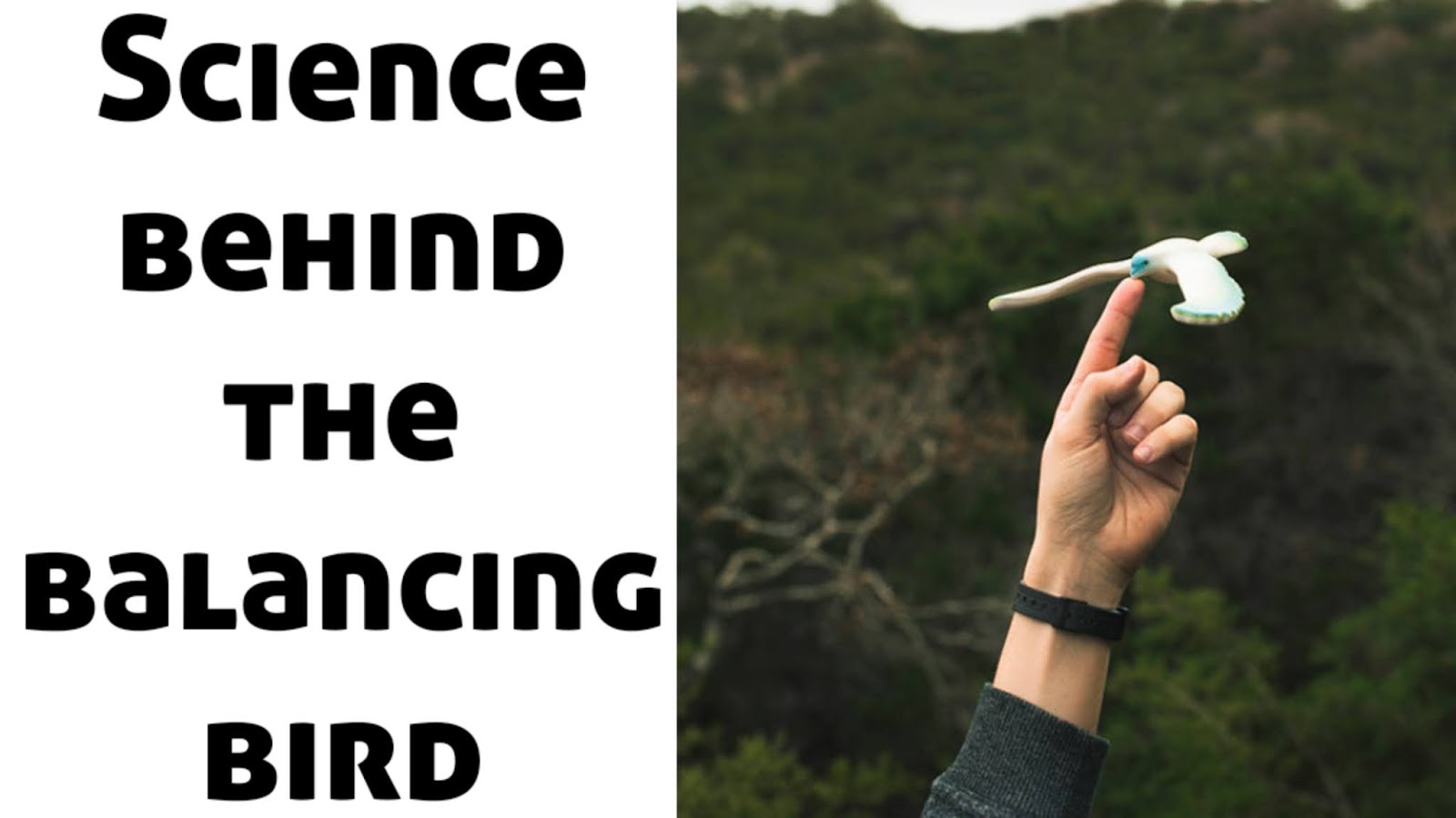Introduction:
Nanotechnology is a rapidly growing field that involves the engineering and manipulation of matter at the molecular and atomic levels. It is an interdisciplinary field that combines techniques and knowledge of physics, chemistry, biology, and engineering to create new systems, materials, and devices with novel functionalities and properties. The applications of Nanotechnology are vast and diverse, ranging from energy and medicine to electronics and environmental remediation, etc. Nanotechnology has the potential to revolutionize many aspects of our life. The applications and continuous improvement of Nanotechnology will likely have a significant impact on the future of science and technology. The blog explores the potential of this nanotechnology in various fields.
Table of Content
Medicine:
Nanotechnology revolutionalizing medicine by enabling the diagnosis tools and development of new treatments. Nanoparticles can be engineered to target specific tissues or cells in the body, allowing for reduced side effects and more precise drug delivery. Nanoparticles can also be used as imaging agents, enabling earlier and more accurate disease diagnosis. Additionally, nanotechnology can potentially develop implantable medical devices that can monitor and treat diseases.
Energy:
To improve energy efficiency, generate more renewable energy, and reduce carbon emissions, we can use nanotechnology in the energy sector. For example, we can improve the performance of solar cells by using nanomaterials, which can allow for more efficient conversion of sunlight into electricity. Nanoparticles can also be used as catalysts in fuel cells, enabling the production of clean energy from hydrogen.
Electronics:
Nanotechnology is more beneficial for the electronics industry to develop smaller and faster electronic devices using nanomaterials such as memory chips, transistors, etc. Additionally, nanotechnology can be used to develop transparent and flexible electronics, which can be used in a variety of applications including displays and wearable technology.
Environmental remediation:
Nanotechnology can also be used to remediate environmental pollution such as contaminated soil and water. It can be engineered to remove pollutants such as organic compounds and heavy materials from water and soil. Nanotechnology is used to develop a system in which the sensors can detect environmental pollutants in real-time with high accuracy.
Food:
We can use Nanotechnology to enhance the quality and safety of the food. For instance, nanotechnology can be used to develop food packaging materials that can keep food safe and fresh for a long time, it will also reduce food wastage. Also, nanoparticles can be used as food additives to improve nutritional value, texture, and taste.
Cosmetics:
Nanotechnology can be used in the cosmetic industry to improve functionality and develop new products. For example, nanotechnology can be used to enhance the delivery of active ingredients in skincare products, making them more effective. Additionally, nanoparticles can be used to develop advanced sunscreens that provide better protection against harmful ultraviolet rays.
Agriculture:
To improve agricultural productivity and sustainability, we can use Nanotechnology. We can develop efficient pesticides and fertilizers by using nanomaterials which can reduce the requirement for chemicals and it will minimize the environmental impacts. Nanotechnology can be used to develop the technology to monitor soil and plant health in real-time.
Textiles:
We can improve the performance and functionality of the fabric by applying nanotechnology to textile engineering. For instance, nanotechnology can be used to develop water-repellent, stain-resistant, and antibacterial materials. It can also be used to create smart textiles that can sense and respond to environmental changes.
Construction:
The construction industry can be enhanced by using nanotechnology which can improve the strength and durability of the building materials. For example, we can add nanoparticles into the concrete to make it stronger and more crack resistant. Additionally, we can use nanomaterial to develop a coating that can protect buildings from corrosion and different weather conditions.
Defense:
Nanotechnology has potential applications in the defense sector, including the development of lighter and stronger materials for protective gear and Armor. Nanotechnology can be used to develop a system of surveillance with the help of different sensors and technologies with enhanced capabilities.
Conclusion:
Nanotechnology has the vast and exciting potential to transform the different fields from medicine to defense. As the technology is growing, the possibilities for the application of nanotechnology will expand which will lead to more innovative and exciting developments.






0 Comments